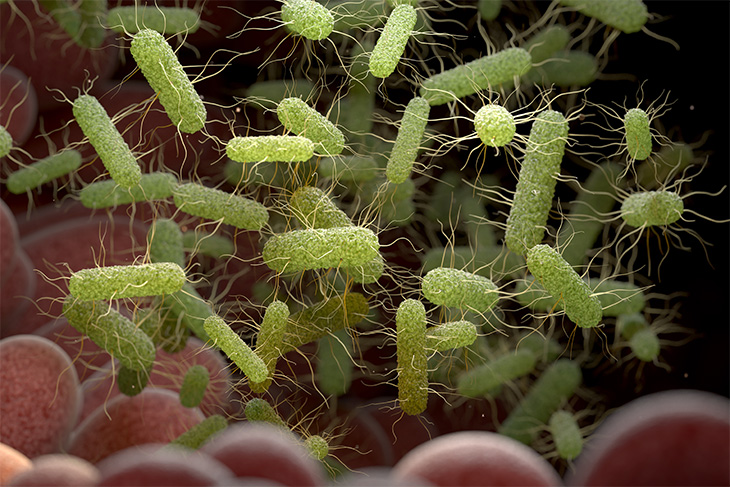
A new UC Davis Health study has uncovered how Salmonella bacteria, a major cause of food poisoning, can invade the gut even when protective bacteria are present. The research, published in the Proceedings of the National Academy of Sciences, explains how the pathogen tricks the gut environment to escape the body’s natural defenses.
The digestive system is home to trillions of bacteria, many of which produce short-chain fatty acids (SCFAs) that help fight harmful pathogens. But Salmonella manages to grow and spread in the gut, even though these protective compounds are present. The study asks: How does Salmonella get around this defense?
“We knew that Salmonella invades the small intestine, although it is not ...
Read More






Recent Comments